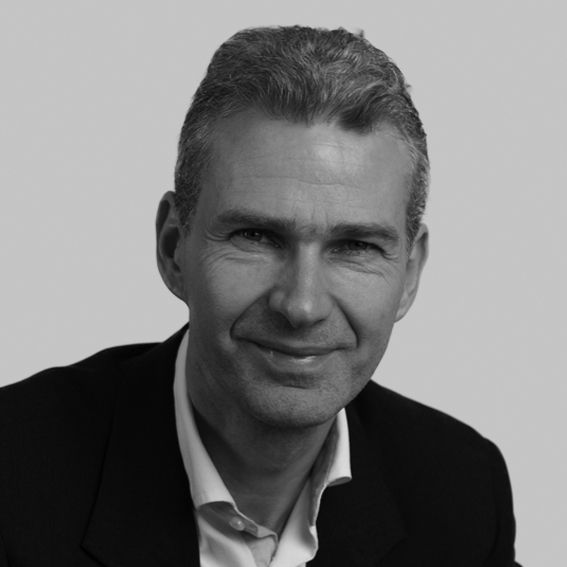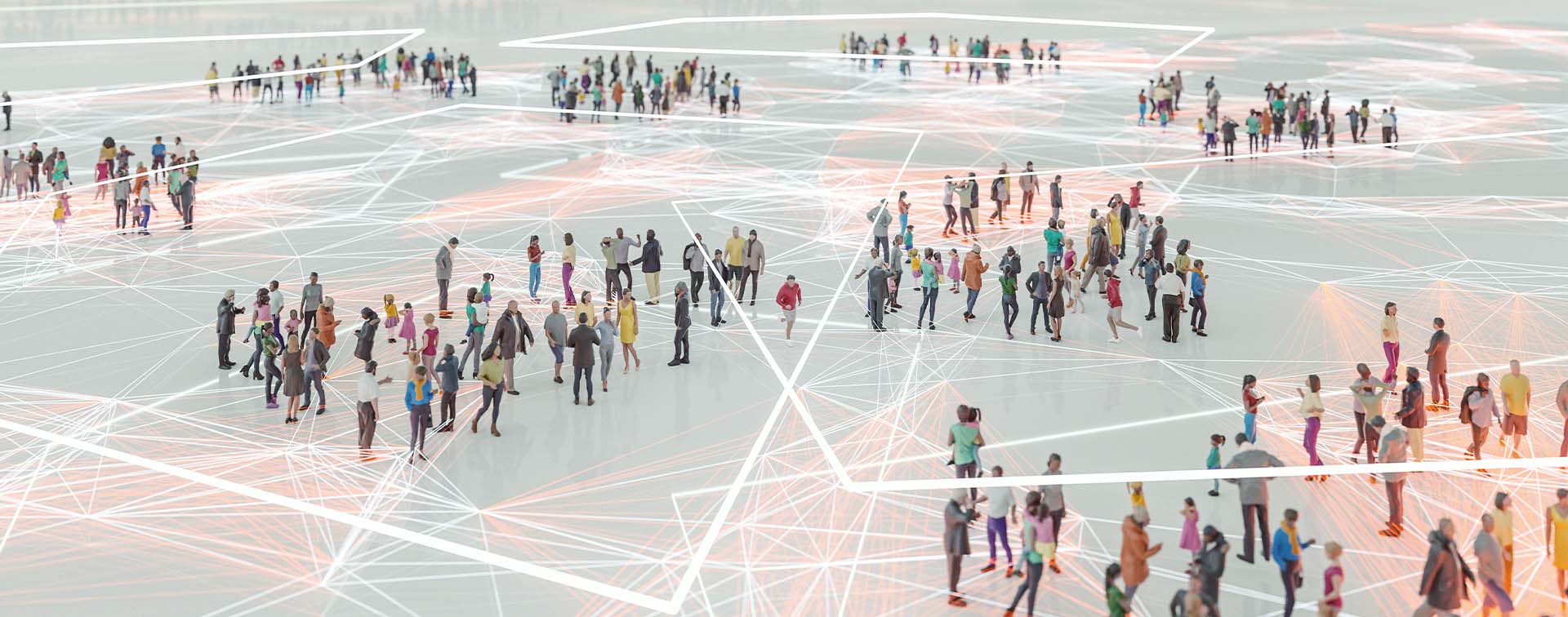
Dr. Christian H. Kaelin is Chairman of Henley & Partners. He is a global leader in investment migration and the inventor of the passport index concept.
“In the first place, we don’t like to be called ‘refugees.’ We ourselves call each other ‘newcomers’ or ‘immigrants.’” Thus begins German-born American historian and political philosopher Hannah Arendt’s 1943 essay, ‘We Refugees’, which describes the anxiety and captures the despair of what it means to be a refugee. Arendt goes on to point out that, “a refugee used to be a person driven to seek refuge because of some act committed or some political opinion held. Well, it is true we have had to seek refuge; but we committed no acts and most of us never dreamt of having any radical opinion”.
The refugee question is a topic that features prominently in the media, in private conversations, and in fiercely divisive political debates across the world. What we propose with free Global Cities, such as the Andan Global City, are autonomous, sub-national entities, where individuals and families who have been forced to flee their homes are welcomed into a safe environment where they can thrive, rather than merely survive — an innovative concept that is both humanitarian and profitable, that will create wealth and prosperity for citizens as well as for the nations hosting them.

It is a sobering reality that there are over 130 million refugees and forcibly displaced people according to the UN Refugee Agency’s (UNHCR) latest statistics. The figures have doubled over the past decade, and due to the climate crisis and outbreaks of war the number of forcibly displaced people is snowballing. More than 70% of refugees are fleeing conflict, with the majority from Syria, Venezuela, and Ukraine.
The reality for many refugees is that they live in barely humane conditions in poorly managed camps for years, or often decades. If they cannot be accommodated in a host nation, the next solution is repatriation. Unfortunately, for many, returning to their countries of origin is not a viable option, especially if they are fleeing famine, ongoing war, or an uninhabitable environment.
Countries such as Canada, New Zealand, and the USA have to some degree effectively managed the delicate process of integration. However, in today’s political climate, local integration is becoming the less favored solution as it stirs up heated debates by growing pockets of society that fear the effect that new migrants will have on their current socio-economic fabric. This closed-door policy and resistance to change is becoming evident even in countries that historically were founded on the backs of migrants.
Though not a widely implemented solution, resettlement, which is the transfer of refugees to a third country, which grants them permanent residence, is yet another option. It is not a popular choice and requires bilateral or multi-lateral government collaboration, therefore to date its success has been rather limited. Looking ahead, as the refugee crisis continues to escalate, an innovative solution is crucial, which is why the creation of global cities where refugees are welcome makes the most sense.
As celebrated Afghan-American novelist Khaled Hosseini aptly said at the launch of the UNHCR’s #WithRefugees initiative, “refugees are mothers, fathers, sisters, brothers, children, with the same hopes and ambitions as us — except that a twist of fate has bound their lives to a global refugee crisis on an unprecedented scale.”
In a crucial excerpt from Arendt’s essay she writes, “We lost our home, which means the familiarity of daily life. We lost our occupation, which means the confidence that we are of some use in this world. We lost our language, which means the naturalness of reactions, the simplicity of gestures, the unaffected expression of feelings. We left our relatives in the Polish ghettos and our best friends have been killed in concentration camps, and that means the rupture of our private lives.”
Refugees exemplify bravery and resilience. They want to overcome the obstacles that caused them to leave their homes and seek refuge abroad. Rather than being considered as a problem or a burden, refugees should instead be perceived as the skilled and talented individuals they are — an untapped resource, diligent, human ingenuity readily available to work, to produce, to create.
As far back as the Middle Ages there were autonomous global cities established in Europe and Asia. The Andan Global City builds on that concept and will lead to even greater human development. It requires a public–private partnership that delivers benefits to the host country and the migrants who move there, as well as to private investors who are willing to create a climate resilient and sustainable city that is home to highly motivated people, a city that respects our biodiversity while incorporating avant-garde technology.
The quest to establish the first free Global City would serve as a blueprint for future Global Cities. Cities that have the business pace and rule of law ethos of Singapore, the modernity and space of Dubai, and the cosmopolitan flair of London and New York — well-managed investments that in addition to delivering a second chance for refugees, lead to increased productivity, a growing GDP to the host country, returns to private stakeholders, and domiciles for anyone who chooses to make them their new home.
Henley & Partners assists international clients in obtaining residence and citizenship under the respective programs. Contact us to arrange an initial private consultation.

Have one of our qualified advisors contact you today.
We use cookies to give you the best possible experience. Click 'Accept all' to proceed as specified, or click 'Allow selection' to choose the types of cookies you will accept. For more information, please visit our Cookie Policy.